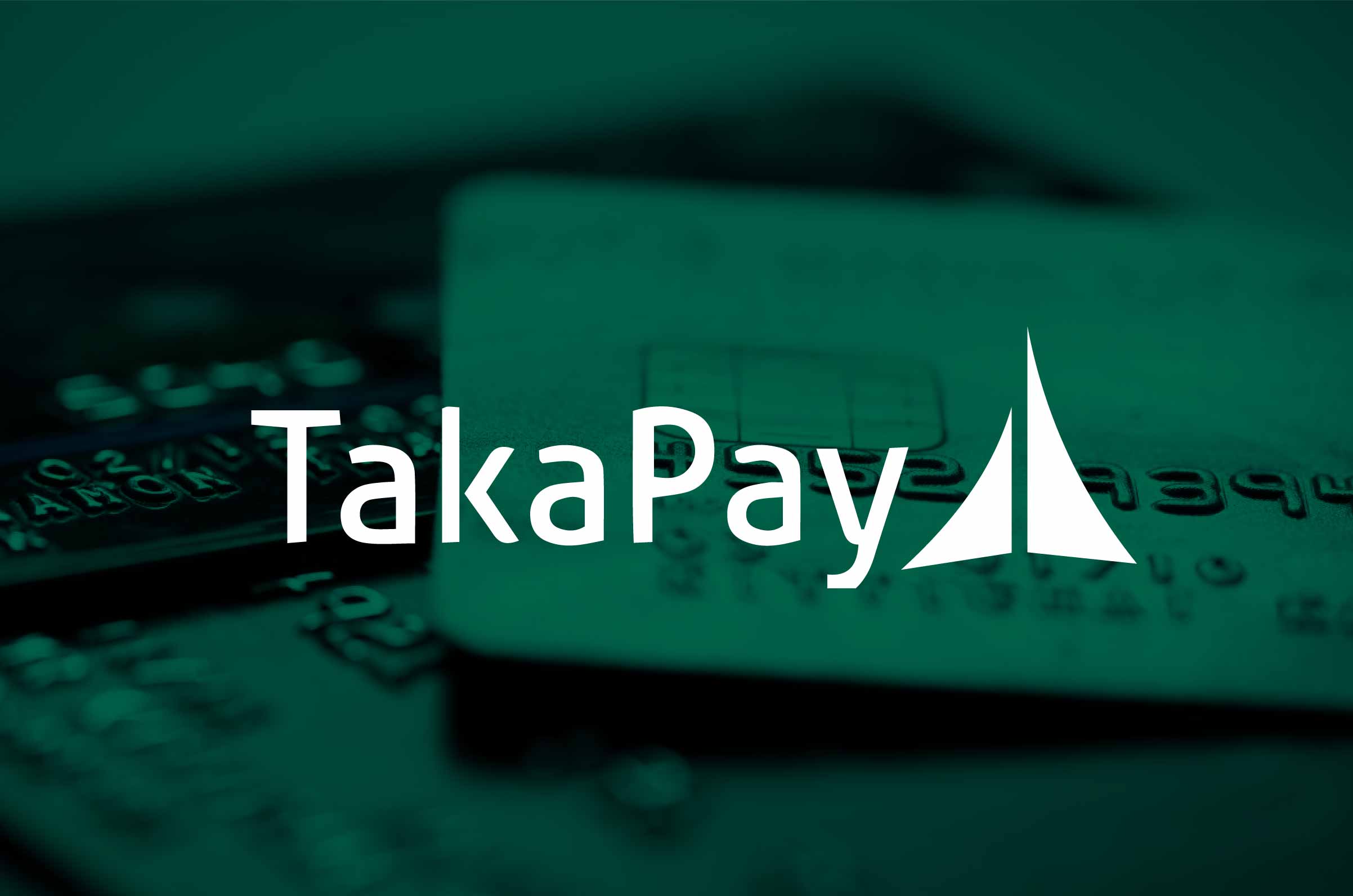Analysing the prospect of Bangladesh’s first local currency card, TakaPay.
November 1st marked a significant milestone in Bangladesh’s fintech landscape, as the Honourable Prime Minister Sheikh Hasina launched the TakaPay Card – the country’s first national currency transaction gateway. An initiative established to streamline domestic financial transactions, the TakaPay Card simultaneously optimises the nation’s reliance on foreign exchange reserves. TakaPay card is presently available to bank account holders with debit cards only, with future plans to extend it to credit card holders.
The TakaPay card has been created to lessen reliance on international payment networks such as Visa and Mastercard. This effort aims to conserve foreign currency reserves. TakaPay card seeks to provide a safe means for handling local payments via the ‘National Payment Switch of Bangladesh’, thereby expediting domestic financial operations. Moreover, the government plans to launch the Taka-Rupee card in the future, which will ease cross-border transactions as well, particularly with India, in order to boost economic cooperation between the two countries.
TAKAPAY IS INSTRUMENTAL IN ENABLING SEAMLESS ELECTRONIC TRANSACTIONS, NOT ONLY BETWEEN COMMERCIAL ESTABLISHMENTS AND FINANCIAL INSTITUTIONS BUT ALSO EXTENDING ITS BENEFITS TO REGULAR USERS.
TakaPay is instrumental in enabling seamless electronic transactions, not only between commercial establishments and financial institutions but also extending its benefits to regular users. Another significant advantage offered by the TakaPay card is that it will prevent currency conversion losses. For instance, when converting taka to rupees, the TakaPay card is expected to eliminate the need for two currency exchanges which would save around 6% spending loss, as the card will enable direct withdrawal in the form of Rupees. Currently, individuals must obtain monetary endorsements added to their passports, converting their taka to dollars before further conversion into rupees upon reaching India. Hence, the TakaPay card is poised to significantly benefit Bangladesh, especially considering the substantial number of people from the country visiting India for medical treatment, tourism, and religious purposes. Notably, this would alleviate the pressure on Bangladesh’s currency reserve, which has been strained due to rising import costs.
Setting foot towards a progressively digitised Bangladesh, by seeking to build a cashless society, it is indispensable to provide adequate security to the end-users of such plastic cash card systems like TakaPay. Most plastic cash cards globally follow the EMV standard, a system with a computer chip embedded in the card, which generates a new security code every time cardholders insert them into the chip-enabled POS or ATM terminals. However, TakaPay comes with built-in magnetic strips instead, which store account information that lacks equally strong security, as skimming devices can potentially copy the information hidden in the magnetic strip and steal data. Therefore, equipping the TakaPay card with chip technology and upgrading the ATMs and POSs to be chip-enabled can counteract this concerning issue. Moreover, it is important for users of TakaPay card to be aware of its functionality settings, in order to have an optimised experience and avoid falling victim to scams.
The TakaPay card is just the beginning. If this program is a success, the concept might be applied to boost bilateral trade between Bangladesh and India. According to the Bangladesh Bank, the total value of the two countries’ imports and exports is USD 1,568 million for the fiscal year 2021-2022. Bangladesh is likewise affected by the current global geopolitical scenario. With countries like Russia, China, and India investigating potential dollar alternatives, this scheme can save Bangladesh USD 200 million by conducting commerce in rupees, allowing the government to cost-effectively acquire necessities from other countries as these transactions are the product of bilateral negotiations. Hence, Bangladesh will be able to minimise its currency exchange costs.
Currently, all payment cards used in the country are manufactured by foreign firms. Banks charge a fee for these card services, with foreign-owned card providers receiving a portion of the fees. There are also additional fees when using a card at another bank’s ATM. The TakaPay card, on the other hand, works through the Bangladesh Bank’s National Payment Switch Bangladesh (e-payment platform), making it interoperable with any ATM booth and ensuring smooth and quick transactions. Authorised by the central bank, major financial institutions like Sonali Bank, City Bank and Brac Bank are the first issuers of this card. The government plans to launch credit, and eventually international cards as well, which will be tested with five other banks, United Commercial Bank, Eastern Bank, Islami Bank Bangladesh, Dutch-Bangla Bank, and Mutual Trust Bank.
According to Central Bank sources, TakaPay will first be available for domestic use, with transactions in Indian rupees and other currencies coming later. The process of adding Indian rupee transactions to the TakaPay card is underway.
THE TAKAPAY CARD, ON THE OTHER HAND, WORKS THROUGH THE BANGLADESH BANK’S NATIONAL PAYMENT SWITCH BANGLADESH (E-PAYMENT PLATFORM), MAKING IT INTEROPERABLE WITH ANY ATM BOOTH AND ENSURING SMOOTH AND QUICK TRANSACTIONS.
While there will not be any transformative benefits right now, TakaPay is expected to reduce customer fees in the future. Since Visa and Mastercard services charge high processing fees borne by customers, the establishment of TakaPay promises to substantially shrink transaction fees. Furthermore, clients will be able to use numerous functions, including dual currency use, according to officials from the institutions issuing the card.
Banks will encourage their clients to adopt TakaPay cards as a substitute for international payment processing systems in order to build and promote their competitive advantage since such cross-border transactions involve adhering to certain unfavourable regulations by foreign card providers. Many other countries have their own currency cards. Sri Lanka uses ‘Lankapay’, Pakistan has ‘PayPak’, India employs ‘RuPay’ cards, and Saudi Arabia has ‘Mada’. Now, with TakaPay’s arrival into the market, Bangladesh will also have its own. As a forerunner to enhanced bilateral trade and financial innovation, TakaPay serves as a prime example of the transformative impact that such initiatives can wield in shaping the future of Bangladesh’s economic landscape.
In a world marked by geopolitical uncertainties and a discernible shift away from traditional currencies, TakaPay emerges as a groundbreaking solution, seamlessly connecting commercial enterprises and everyday users. An incredible advancement like this for the banking sector pushes the country towards a self-sufficient and Smart Bangladesh.















